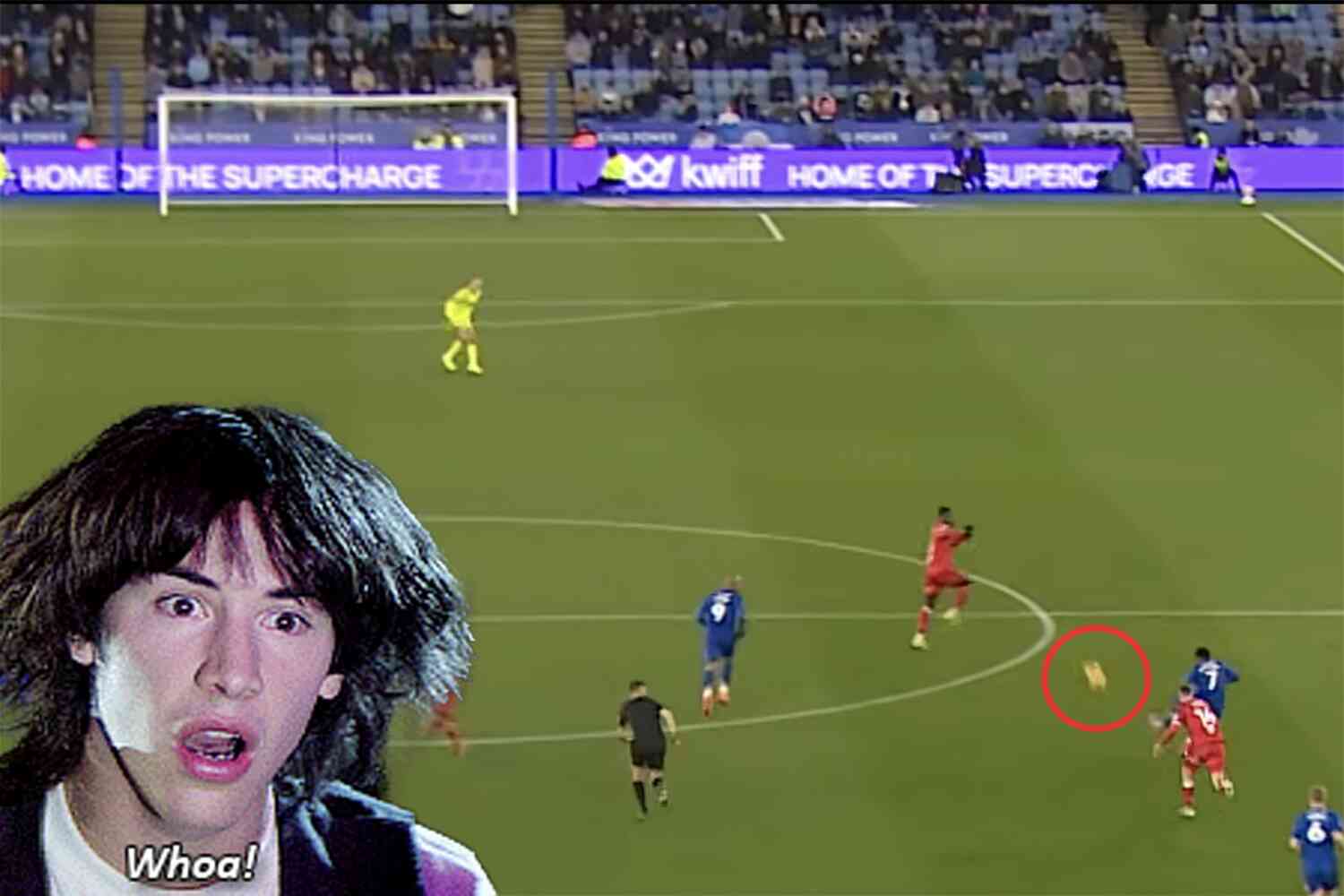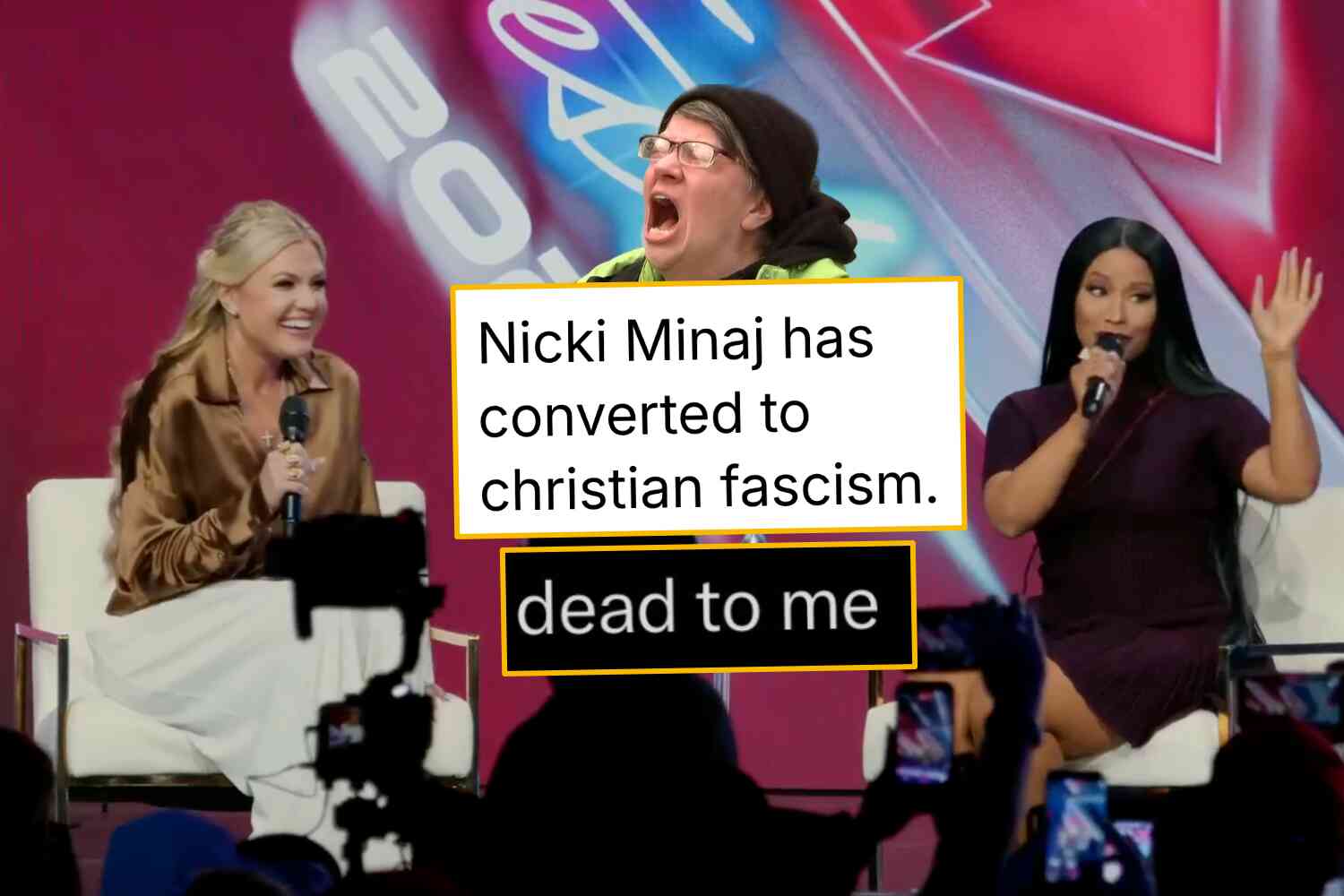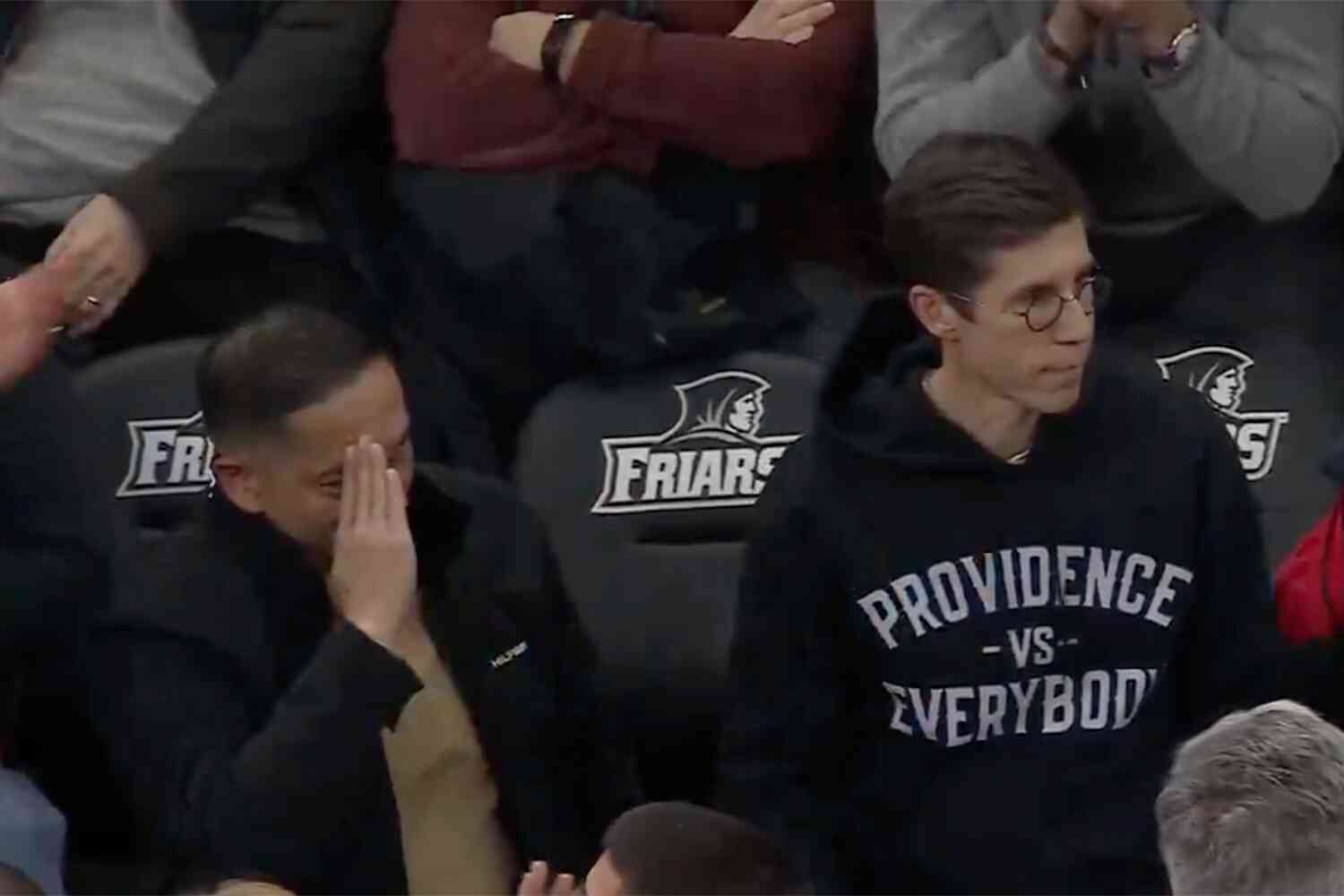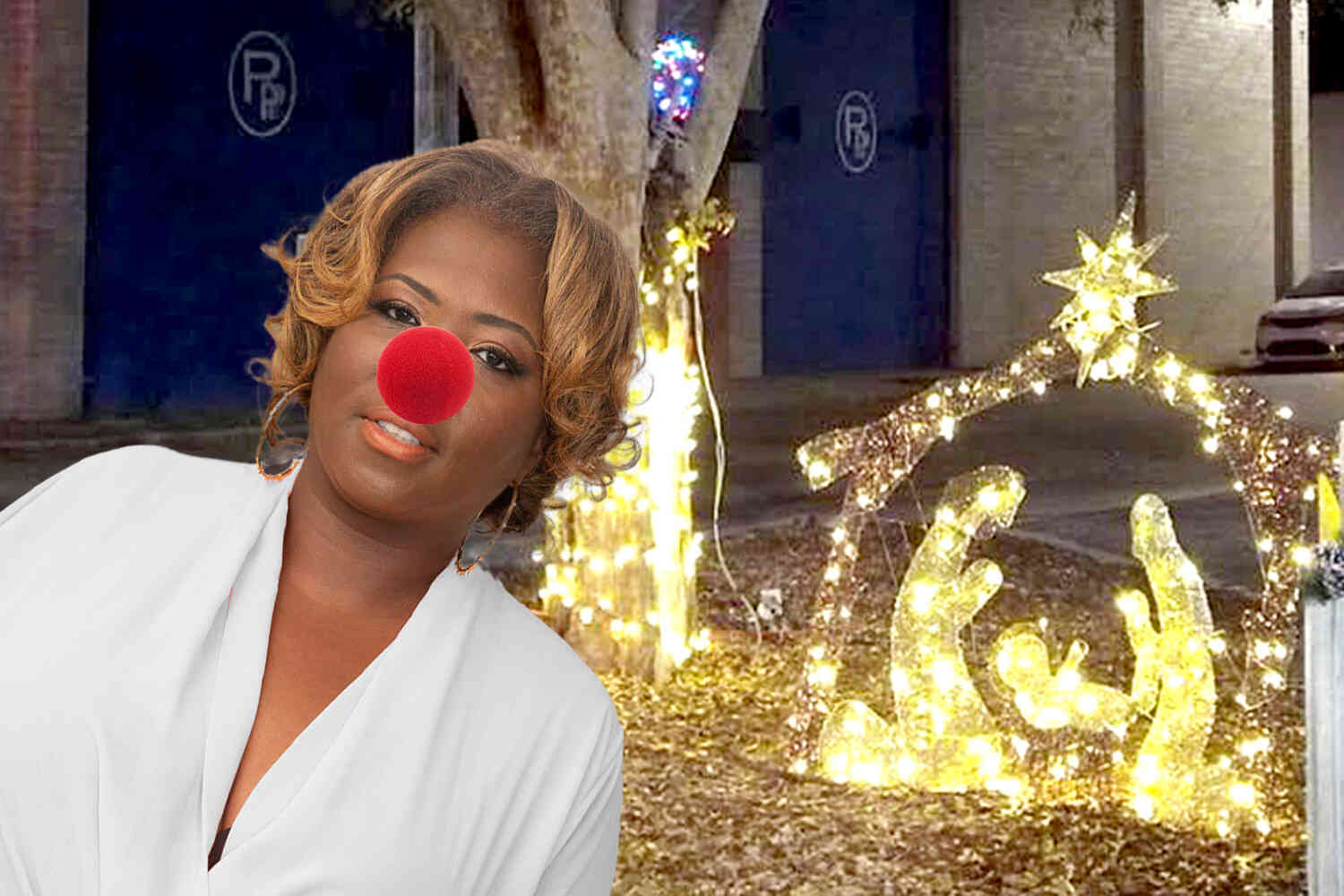She-Hulk. She's worried She-Hulk isn't hulky enough.
This is She-Hulk:
This is also She-Hulk, tossing a bodybuilder around:
Unfortunately, that's not empowering enough for Washington Post columnist Karen Attiah.
For certain comics fans...
Those would be comics fans who are not you.
...it was exciting to hear about Marvel's forthcoming TV series about Jennifer Walters, a.k.a. She-Hulk, the cousin of Bruce Banner who gains superhuman strength and size after a blood transfusion. Finally! We would see a woman get to represent something other than the svelte superheroines we were used to.
According to Attiah, it didn't turn out that way.
But when the trailer was released, She-Hulk's physique left a lot of mass to be desired.
Whose fault is that?

The whole thing is a reminder that despite strides in the "body positivity" movement and the push for representation of various body shapes, a society dominated by the male gaze still tends to react to muscular women with ambivalence at best and hostility at worst.
Remember, misogyny is a terrible thing and should be condemned in all its forms.
Misandry?

Attiah supports her contention that you are all knuckle-dragging cavemen intimidated by strong women with this little anecdote:
Hostile case in point: In 2020, a playable video game character called Abby in "The Last of Us Part II" caused a huge backlash among mostly male gamers. A large part of their problem? Abby was visibly muscular, with smaller breasts. Her character worked hard to build her physique — something not often seen in video games or shows. She was accused of being on steroids, or a transgendered man. Men went so far as to trawl the game for evidence that she couldn't be that buff in real life, and then to make videos saying that her physique was "impossible."
That last line? Pointing out that fictional representations of women's bodies is "impossible" in real life was for a time the bread and butter among feminists attacking societal beauty standards.
But hey, when men point out the exact same thing, it's wrong because shut up.
What of Abby, the game character in question?
"Visibly muscular with smaller breasts" really doesn't quite capture it. You have to see it for yourself.
I have no idea where anyone would get the idea that she might be a transgender male.

You must find her attractive or you're a hater!
Had Attiah been consistent throughout the piece, advocating for a bulkier She-Hulk absent the gratuitous swipes at men that would have been fine. It's an opinion piece, after all.
But she isn't interested in giving you her opinion. She's interested in giving you yours.
The problem is, her own argument quickly becomes completely incoherent.
You know who she holds up as her ideal strong, buff, muscular heroine?
Brandi Chastain.
This ambivalence about women's strength and muscularity hits home. I was 13 in 1999 when Brandi Chastain, a soccer player on the women's U.S. national team, stripped to her sports bra to celebrate scoring the winning penalty shot against China. Everyone was in awe of her ripped physique; I remember wanting to play soccer and train because I thought she was just so cool. To me, hers was the ideal body.
Ah yes, you remember Brandi Chastain, the super-bulky soccer player with 25" biceps?
No?
Yeah, neither do I.
Oh, that's right, that's because the Brandi Chastain Attiah describes never existed. The real Brandi Chastain, the one of the iconic Sports Illustrated cover that captured the moment that made Attiah swoon was fit, muscular, and... quite svelte.
Here's another shot from that day.
She looks great!
She also looks absolutely nothing like Abby from The Last of Us Part II.
This icon that Attiah yearns we could return to, a golden age of body positivity lost to the wisps of time,... is exactly what nearly every single movie heroine looks like, including Disney's She-Hulk, which Attiah dismisses as "an extra-tall yoga teacher." A few examples over the decades:
Sigourney Weaver in Aliens 1986.
Linda Hamilton in the Terminator 2, 1991.
Lucy Liu, (not to mention Drew Barrymore, and Cameron Diaz) in Charlie's Angels Full Throttle 2003.
Emily Blunt in Edge of Tomorrow 2014.
What about Gina Carano from The Mandalorian? She wasn't particularly svelte and the fans, males included, seemed pretty taken with her. She's Attiah's perfect heroine! Strong, powerful, and a visible challenge to Hollywood's traditional beauty standards!
Oh, yeah.
Right body, wrong politics.
When I searched for Karen Attiah's full-throated defense of Carano and her essential role in smashing stereotypes and furthering body positivity I get this.

Attiah goes on to make this argument:
Big, buff women exist! In her book "The Frailty Myth: Redefining the Physical Potential of Women and Girls," Colette Dowling argues that girls and women are not necessarily biologically weaker than men, but that for generations, girls and women have been socially engineered to not develop their physical potential, lest they become less attractive to male mates.
Generally speaking, women are biologically weaker than men and no amount of fanciful thinking is going to change that.
Testosterone is real.

Yes, Gina Carano could kick my butt, but that's not the point. Or maybe it is, just not one that Attiah understands. Judge people as individuals and you'll be less tempted to sound like a lunatic spouting nonsense.
Attiah is not alone in decrying the fact that men in general find different things attractive than she does. Here's another by Kayleigh Donaldson (mild language warning in the headline).
It's similar to Attiah's, body positive this, Hollywood that, but it too is incoherent in its own way.
After decrying men's preferences in women, she writes this:
The needle has moved over the past few decades but the reinforced image of the "ideal female body" has stuck around across all mediums. It is still assumed that the majority audience for such characters is male and that designs should be tailored to that. Regardless of how much evidence we have to prove that women are just as big, if not bigger, a demographic with superhero movies, these old assumptions retain their potency.
Follow the logic.
- Superhero movies tend to be popular blockbusters.
- Women make up at least half of that huge audience.
- We must change how women appear in order to appeal to women.

What they're doing appears to be working just fine, and in any case, the contention that these heroines are stick figures is simply not true. Gal Godot, who came in for some criticism from Attiah, is not a stick figure.
She is attractive. She is svelte.
I feel like some people consider those things negatives.
As Donaldson puts it,
Men must be smothered by their own muscles while women should remain cute.
As already detailed, the women are pretty smothered in muscles, they just happen to retain the ability to still look like women.
That's a good thing.
I should also note the male superheroes aren't exactly ugly.
You think any of us like to be compared to Chris Evans?
Donaldson goes on.
Hollywood's immense fatphobia has placed a stranglehold on the types of bodies that are considered worthy of the limelight but also the notion of heroism. There's a reason you don't see fat actresses getting many romantic leading roles, even though — surprise — plus size people exist and fall in love all the time. The disdain for the more muscled form feels like an offshoot of this hatred of fat bodies. The idea of being "large" in any capacity is written off as unattractive, even if having such a body makes sense for the character.
It's not fatphobia, and it's not "hatred of fat bodies."
It's that most people don't find "fat bodies" attractive, and Hollywood is a numbers game. That's it.
Part of the disconnect is that many people misunderstand the She-Hulk character. In the comics, her physique has been all over the place. From super hulky.
To not so super hulky.
The character also treats her attractiveness and occasionally super fetishized bombshell looks with a wink and a nod, simultaneously adopting these tropes while ridiculing them. It's always been part of the charm of the character.
Plus, the CGI effects are clearly not finished and I suspect we'll see more muscle definition in the final product, and maybe even more muscle, as the character grows, another thing the comics did on occasion.
I suspect the woke crowed will be happy with the end product as it will likely bow down to whatever the cause célèbre is of the moment.
I take that back. The woke will never be happy.
- She-Hulk is hulkier than Attiah's childhood hero.
- Still not hulky enough.
- She-Hulk also isn't fat, so they've lost Donaldson as well.
All of this is a reflection of social media that is engaged in an eternal arms race of virtue signaling.
Remember, these are unhappy people, and they want you to be unhappy, too.
There are plenty of good reasons to not give your money to Disney.
The She-Hulk isn't one of them.

P.S. Now check out our latest video 👇









